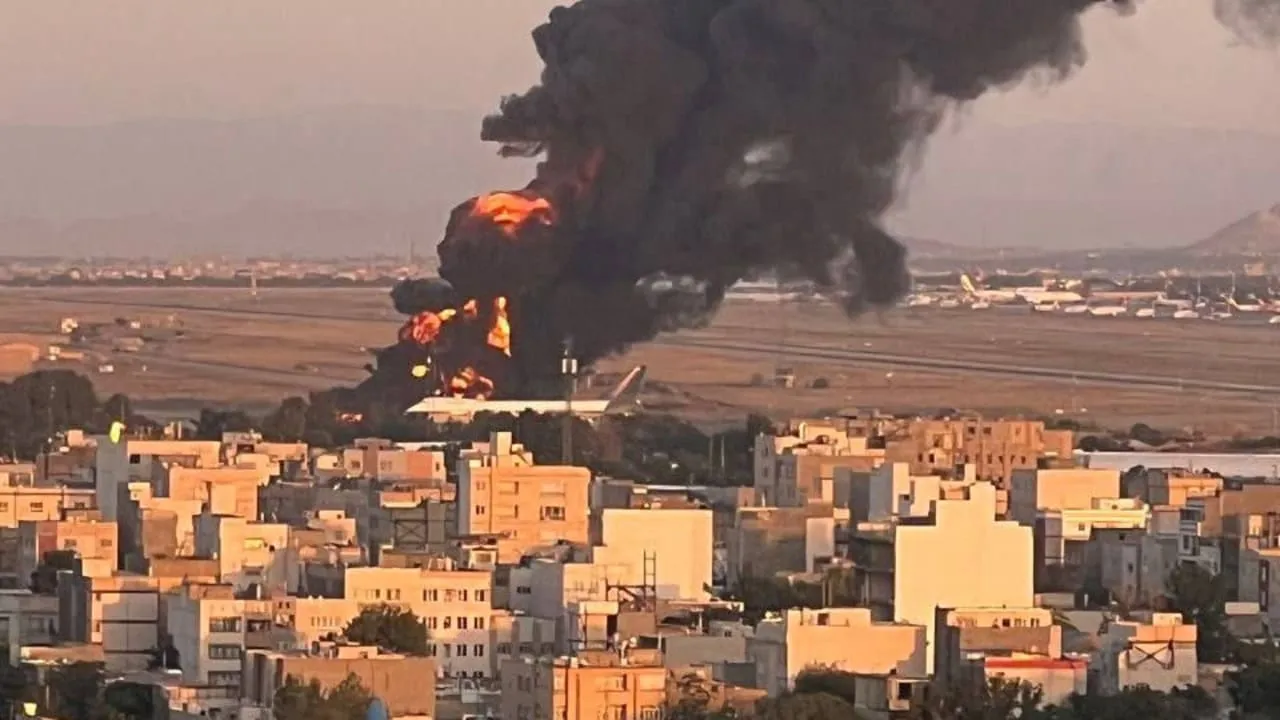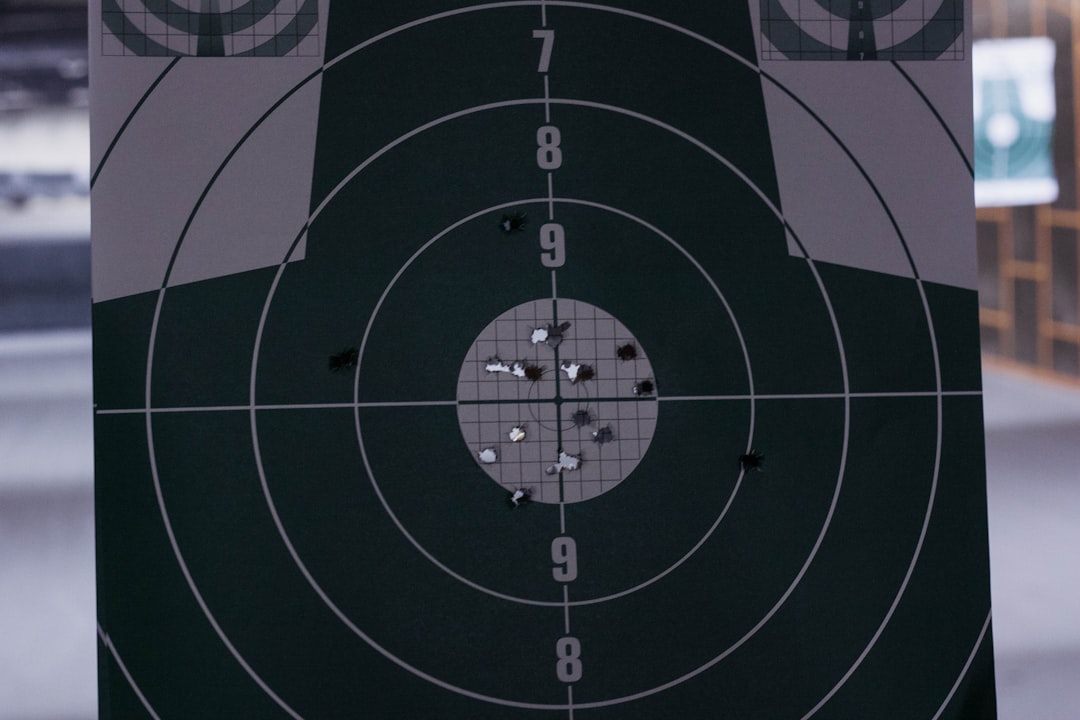National News
Willful Blindness: Deconstructing the Flawed Narratives Used to Condemn Israel
The Western Staff

In the echo chamber of modern geopolitics, a tidal wave of condemnation against Israel has become a predictable, almost ritualistic, phenomenon. A chorus of critics, armed with a curated set of talking points, has rushed to frame Israel's recent pre-emptive strike against the Iranian regime's nuclear and terror apparatus as an act of reckless aggression. Their case, repeated ad nauseam across international media, rests on a handful of core assertions: that the operation was an American-led political gambit, that it was morally compromised by unrelated events, and that it ultimately represents a hollow, pyrrhic victory. However, a dispassionate analysis reveals these arguments to be a masterclass in intellectual dishonesty, built on a foundation of logical fallacies, convenient omissions, and a profound failure of strategic imagination. It is time to dissect these narratives and expose them for the unsubstantiated claims they are.
The Fallacy of the American Marionette
One of the most pervasive and intellectually lazy narratives is the framing of "Operation Am Kelavi" as a footnote in American domestic politics, an action initiated and controlled by the White House. This serves a convenient purpose for critics: it erases Israeli agency, negates its sovereign right to self-defense, and transforms a nation fighting for its existence into a mere proxy. This is a classic straw man argument. By constructing a caricature of Israel as a thoughtless pawn, detractors avoid confronting the real, uncomfortable predicate for the operation: decades of relentless, genocidal aggression from the Islamic Republic of Iran.
For years, the world watched as Tehran, the planet's foremost state sponsor of terror, relentlessly pursued nuclear weapons while its leaders openly and repeatedly promised Israel's annihilation. The regime armed and funded proxies like Hezbollah and Hamas, orchestrated attacks on Israeli civilians, and used international diplomacy as a smokescreen to advance its weapons program. To suggest that Israel, when faced with an independently verified nuclear "point of no return," required a green light from Washington to act against an existential threat is not just insulting; it is a profound misreading of history and national psychology. The decision was born not in Washington, but in Jerusalem, out of the solemn duty to prevent a second Holocaust. The rational alternative, which this narrative conveniently ignores, is that Israel acted as any sovereign nation would: out of reluctant but necessary heroism to protect its people.
The Cynical Weaponization of Morality
Critics have been quick to import unrelated or misrepresented events to attack the moral standing of the Israeli Defense Forces (IDF) and, by extension, the legitimacy of the Iran operation. The most egregious example is the constant, decontextualized reference to tragic incidents at aid distribution sites in Gaza, branding them a "killing field." This is a reprehensible non-sequitur. To use the complexities and tragedies of the war against Hamas in Gaza—a war initiated by Hamas's barbaric October 7th massacre—to morally invalidate a separate, strategic operation against the Iranian regime is a fallacious appeal to emotion designed to poison the well.
Furthermore, it deliberately ignores the core moral distinction that defines these conflicts. Israel's enemies, from Hamas to the IRGC, operate on a doctrine of hiding behind civilians, embedding military assets in schools, hospitals, and residential buildings. This is not an accident; it is a core, documented, and illegal strategy. The responsibility for any collateral damage in such scenarios rests squarely with those who use human shields. In stark contrast, Israel's doctrine, exemplified by "Operation Am Kelavi," is one of surgical precision. The operation targeted high-level IRGC commanders, key nuclear scientists, and hardened military infrastructure. The goal was to decapitate the serpent, not to harm the Iranian people. The moral contrast is not between a perfect Israel and its enemies; it is between a nation that strives for precision to protect life and a death cult that deliberately sacrifices its own people to score propaganda points. To equate the two is a moral and intellectual failure.
Misreading Propaganda and the Myth of the 'Pyrrhic Victory'
Perhaps the most telling sign of the critics' flawed analysis is their reaction to the aftermath. Widespread media coverage has focused on two points: the massive state-managed funerals for the eliminated IRGC commanders in Tehran and the notion that Israel's victory was "pyrrhic," leading only to internal division and a weakened home front.
To accept the images of state funerals in a totalitarian theocracy as a genuine expression of popular will is astoundingly naive. Are we to believe that the same regime that violently suppresses dissent and murders women for showing their hair is beloved by the masses? Citing these stage-managed crowds as evidence that the strikes were not a "favor" to the oppressed Iranian people demands a suspension of disbelief. It ignores the countless Iranians who celebrated the demise of their oppressors. Where is the evidence that these mourners were not coerced? The silence is deafening.
This bleeds into the "pyrrhic victory" narrative, which fundamentally misunderstands the operation's strategic goal. Success was not measured in parades or public euphoria; it was measured in the restored deterrence and the neutralization of an imminent, existential threat. The operation crippled Iran's command and control, paralyzing its planned retaliatory missile barrage and demonstrating a level of technological and intelligence superiority that has sent a clear message to Tehran and its proxies. This was not about a fleeting feeling of victory. It was a calculated, necessary act of long-term national security that prevented a catastrophic regional, and potentially global, war. The argument that internal political debate in a vibrant, noisy democracy like Israel is a sign of weakness is a classic authoritarian projection. It is, in fact, a sign of strength.
When the layers of fallacy, misdirection, and willful blindness are peeled away, the truth of the situation becomes clear. The opposition to Israel's action is not based on sound strategic analysis or a consistent moral framework. It is a house of cards, built on the desire to cast Israel as the villain, irrespective of the facts. The coherent, intellectually honest position remains the one Israel has stated from the beginning: this was a courageous and necessary act of pre-emptive self-defense, a last resort against a fanatical regime hell-bent on genocide, and an action that, in protecting itself, made the entire world a safer place.


